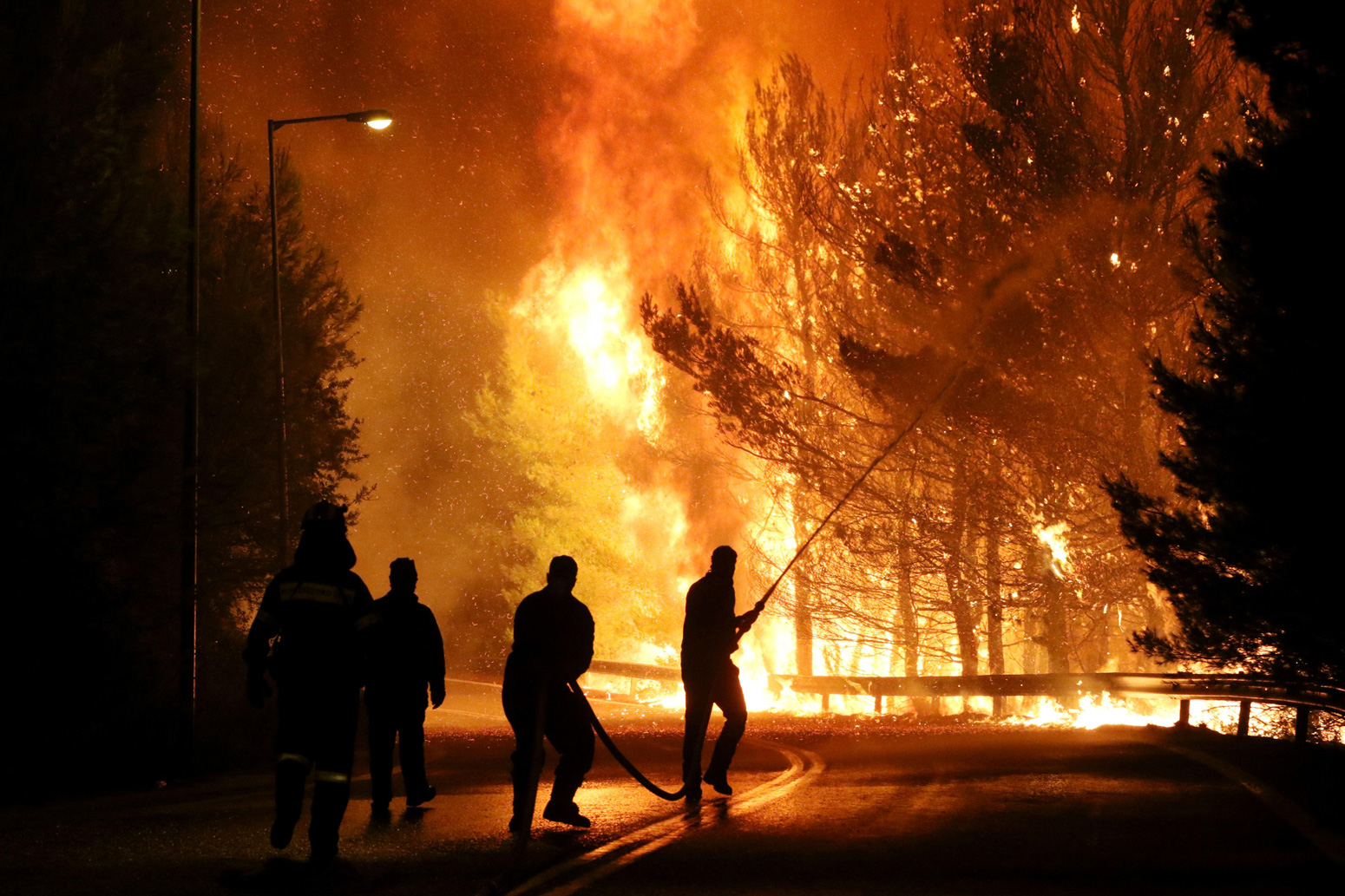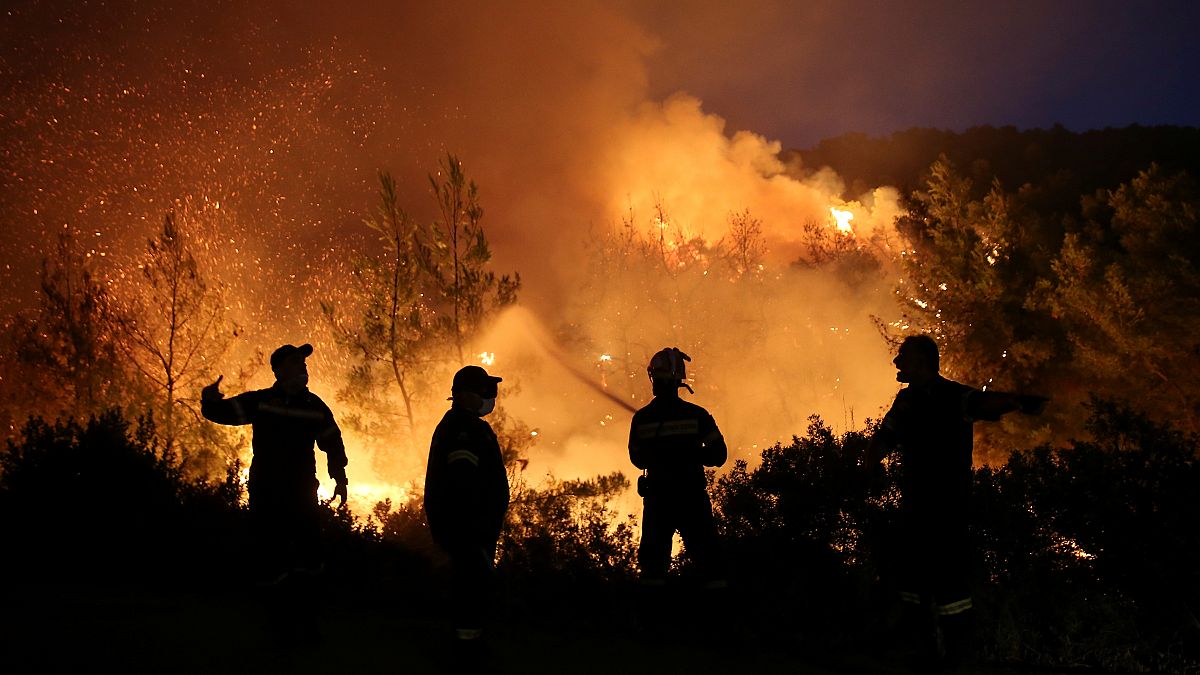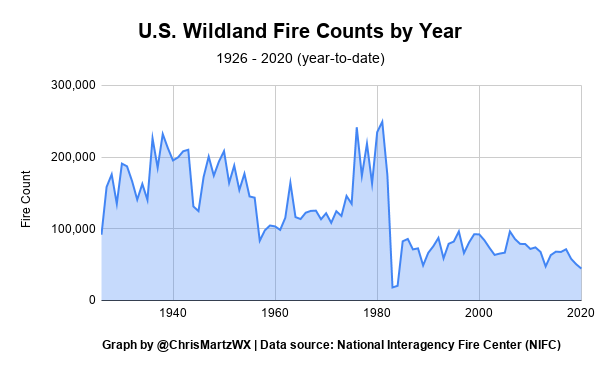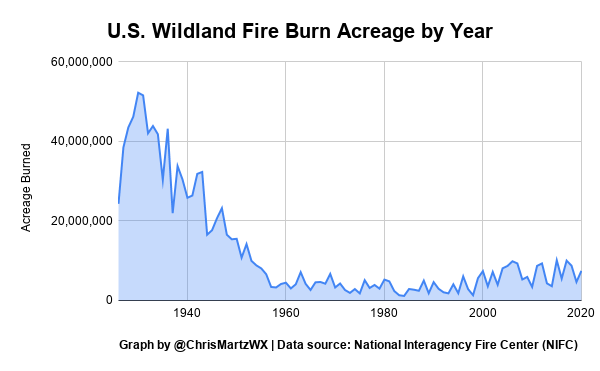- Joined
- Dec 3, 2009
- Messages
- 52,009
- Reaction score
- 33,944
- Location
- The Golden State
- Gender
- Male
- Political Leaning
- Independent
...until now.
link
But it's all about mismanagement of forests. Global climate change couldn't possibly be contributing to wildfires, since that's just a hoax perpetrated by the Chinese to keep us from being competitive. Trump himself said so, so it must be true.
In the annals of California’s wildfire history, so much is happening now that seems unfathomable: The number and size of this year’s fires — and their maddingly erratic behaviors — have created the worst season in the state’s modern history. Nearly 4 million acres have already burned, killing 26 people.
But what has stunned officials most about the state’s 8,000 fires is the location of the largest blazes: sizzling deep in stands of redwoods along what should be a fog-shrouded rainforest. The state’s oldest park, Big Basin Redwoods, was gutted by fire.
link
But it's all about mismanagement of forests. Global climate change couldn't possibly be contributing to wildfires, since that's just a hoax perpetrated by the Chinese to keep us from being competitive. Trump himself said so, so it must be true.







